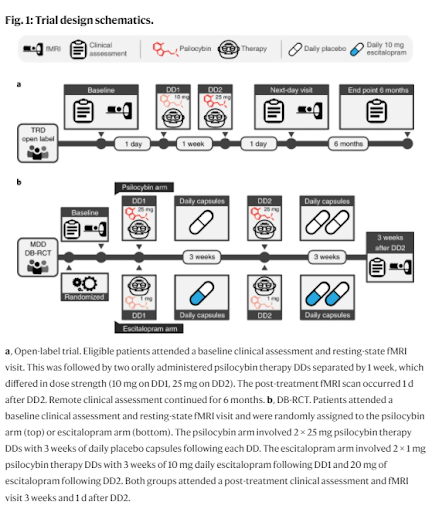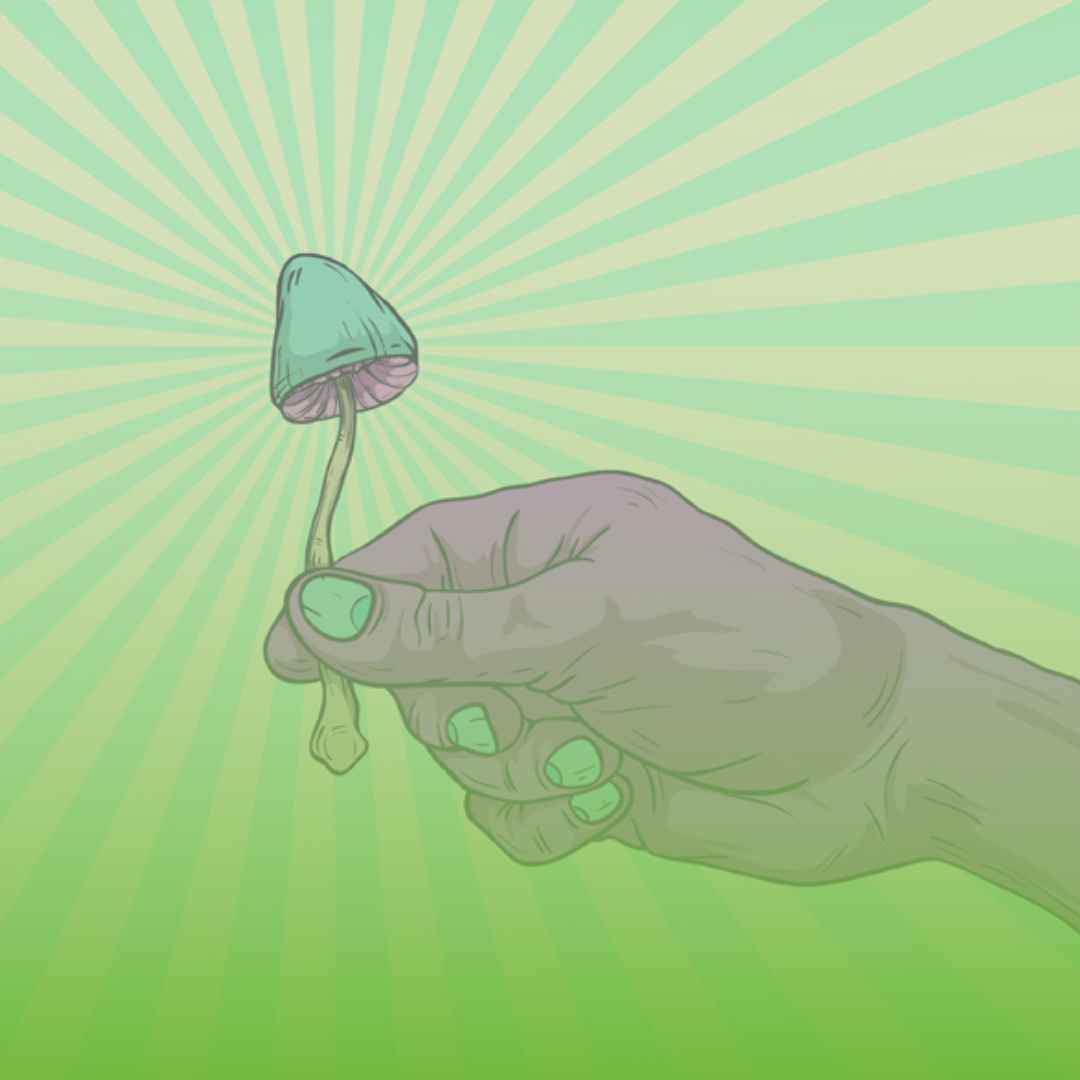We all vent from time to time. We get stressed out, feel anxious, or maybe succumb to a hint of depression in our daily lives, and the influx of emotion becomes a whirling dervish of pain. To relieve that pain – and perhaps anger or frustration – we often turn to that time-honored practice of venting.
Why Do We Vent?
On the surface, venting – expressing pent-up emotions to someone else – should be a positive experience. The simple act of having an attentive or sympathetic ear by your side should be a kind of relief, empowering and satisfying.
What’s venting? You probably think you know the answer because people often perceive venting as a quick-release mechanism and an engine of good. But one of the official definitions offers a different take. Cambridge Dictionary says to vent is “to express a negative emotion in a forceful and often unfair way.”
But why do we vent, and does it always have to be negative?
According to Leon F. Seltzer, Ph.D., “Venting your frustrations alleviates tension and stress. You almost always feel better—and “lighter”—after sharing some perceived threat, indignity, misfortune, or injustice.”
Sharing our emotions is a part of what makes us human. The venting process is an essential addition to a psychological toolkit that helps us deal with the rigors of daily life. By sharing our emotions, we’re simultaneously reducing stress while making ourselves feel closer to the person we communicate with and creating a sense of belonging. There’s a fair amount of risk in showing our inner selves because we assume people will respond sympathetically. But if they do, there’s a rush of positivity because we’ve been seen, understood, and supported.
Bernard Rime said in 2009 that the act of disclosing stress is a means of coping but that venting is a 2-way street between you (the person venting) and someone on the receiving end (the person hearing the vent).
“Positive venting can reduce stress, but negative venting can lead to heightened stress and physical health concerns. It is not just about the person venting, but equally important, the person hearing the vent. Research has shown that the difference between positive and negative venting can be focused on how the person hearing the vent responds, both through speech and action (Bodie et al., 2015; Goldsmith, 2004). This research supports numerous counseling theories and models that focus on active listening, empathy, and safety.”
Venting to express our emotions serves another purpose, too. According to the experts at the University of Kansas Health System, “Just by doing that, we loosen the emotion’s grip over our well-being. Expressing our emotions brings about a lot more benefits, too. When we fail to express our emotions, our brain can often go into the fight-or-flight state. This is a physical reaction to stress that sets off a chain of events throughout our bodies.”
According to The Greater Good of the University of California, Berkley, and author Ethan Kross, sharing feelings may provide you with insight into what’s triggering complicated feelings and avoiding future upsets. The act of verbalizing what’s troubling you to someone else helps to elucidate the situation and give a name to the emotions you’re feeling. Or, if we get caught in an emotional whirling dervish of pain, the people we talk to in confidence may be able to offer new perspectives and practical advice.
So…Venting is Healthy, Right?
On the surface, the person venting earnestly appears healthy and productive, but that’s not always the case.
One of the things we need to recognize – which is hard to do when emotions are running hot – is that “emotional dumping” is often confused for venting, and it’s unhealthy.
If you’re “dumping” on someone, you or the other person could very well recognize why it’s problematic – perhaps long after the fact. Dumping your emotions tends to be toxic. It can be repetitious, directs blame at someone else without seeing your culpability, paints you as the victim, and can be overwhelming.
But genuinely healthy venting is communicative without being combative or aggressive. It has characteristics such as:
- Feels healthy
- Has limited scope, focusing on one thing at a time
- Recognizes time limits of the other person
- It doesn’t go around in circles
- There’s no blaming or self-victimization
- Assumes some level of accountability for your role in a perceived conflict
- Is receptive to finding solutions once the venting is complete
By venting in a healthy manner – which may take some preparation or even a few deep breaths – you’re doing justice not only to your own emotions but the emotions of someone willing to listen.
What Not to Say When Someone is Venting
One of the most recognized characteristics about venting is we normally wring out our emotions with people we trust: a partner, family member, friend, or co-worker. If the other person is known to be sympathetic or a captive audience (like a kind bartender or customer service representative), the process is all the easier.
But what if the shoe’s on the other foot? You’ve vented and confided in someone else for years, and now it’s their turn. How do you respond? Responding to someone venting can be a challenge, but there are some things you probably shouldn’t say at any point during the encounter. Remember, you had their attention. Now it’s their turn.
Don’t even think about saying anything close to the following.
“Let me play the devil’s advocate.”
This has deep-seated roots in Catholicism, and the Merriam-Webster Dictionary offers a two-part definition:
- a Roman Catholic official whose duty is to examine critically the evidence on which a demand for beatification or canonization rests
- a person who champions the less accepted cause for the sake of argument
Setting aside the religiosity for a moment, your train of thought should be copacetic with the second part of the definition – and mindful of why it’s a bad idea when someone needs to vent. People who vent feel wronged somehow, and by taking the other person’s side, you may be betraying their trust.
“Venting serves a specific purpose—and it’s usually to let the venter unload stress. You may add to your boyfriend or girlfriend’s stress when, by playing devil’s advocate, you express empathy for your loved one’s stressor instead of for your loved one. Or when, as devil’s advocate, you come to the stressor’s defense instead of to your boyfriend’s. Or when, also as devil’s advocate, you give away to her stressor what your girlfriend actually needs: your compassion.”
“Well, here’s something positive –”
No, the person venting doesn’t want your interpretation of any positives that can be taken away, mainly because you’re devaluing their emotions. Most people try and be optimistic and think spreading that concept is helpful, that finding a shred of a silver lining in a pot of lead can be beneficial and lower that person’s stress. But that’s beside the point. The other person isn’t looking for a silver lining or a golden pot at the end of the rainbow – their vent is a feverish request that you’ll let that person express their feelings.
“Listen, here’s what you need to do….”
The moment you start a monologue and turn the conversation back to yourself, do you know who you’ve become? You’re now Charlie Brown’s teacher, a weirdly monotone sounding person who rambles on and loses the other person after the first “wah wah wah …” What you need to do to help is simply be present, be there, be silently engaged yet supportive. You may think it’s virtuous to offer advice, but after hearing the other person’s issue for a short time – minutes or even seconds – you may simply come across as being audacious. You can’t solve their problem that quickly, and there’s a good chance the other person isn’t looking for a solution, anyway.
“How come …”
People are naturally curious, so it’s normal to want to ask, “How come you did that?” or “Why did you do that?” “Why? Why? Why?” can cause a lot of problems and invite defensive answers. The question itself isn’t bad, but it can do more harm than good when a loved one or someone else trusts you to let them vent. Instead of asking why the other person is bothered by this stressor or that stressor, let them express their emotions and be receptive to their needs.
Finally, saying nothing at all may be the worst thing to say when someone is venting. Silence isn’t always golden. In this case, it may be harmful. It can send the wrong message. By not communicating, even a simple “I understand,” you’re saying the other person isn’t important and you don’t have any sympathy or empathy to spare. It’s important to know that the wrong response can create an uncomfortable moment for you and the other person.
Final Thoughts
Lending an attentive, sympathetic ear can go a long way, and that’s often all the other person is looking for. Managing your own emotions while balancing the needs of others is never easy, but it is worth the challenge.
Chris Herbert holds a B.A. in Modern Languages and currently enjoys the Spanish lifestyle and lots of paella in Valencia, Spain. Connect with him about physical and mental wellbeing, business and entrepreneurship, and anything tennis-related on Linkedin.
Sources:
Suttie, Jill. (2021, June 21). Does Venting Your Feelings Actually Help? Greater Good Magazine. Retrieved March 8, 2022, from https://greatergood.berkeley.edu/article/item/does_venting_your_feelings_actually_help
Seltzer, Leon F., PhD. (2014, April 2). 6 Virtues, and 6 Vices, of Venting. Retrieved March 8, 2022, from https://www.psychologytoday.com/us/blog/evolution-the-self/201404/6-virtues-and-6-vices-venting
Quick Guide. Why is Emotional Expression Important? Retrieved March 8, 2022, from https://www.kansashealthsystem.com/health-resources/turning-point/programs/resilience-toolbox/emotional-expression/why-is-emotional-expression-important The University of Kansas Health System
Kurz, Charity, PhD. (2017, March 16). Thought Hub. THE PSYCHOLOGY OF VENTING. Retrieved March 8, 2022, from https://www.sagu.edu/thoughthub/the-psychology-of-venting
Rime, Bernard. (2009, January). Research Gate. Emotion Elicits the Social Sharing of Emotion: Theory and Empirical Review. Retrieved March 8, 2022, from https://www.researchgate.net/publication/241647192_Emotion_Elicits_the_Social_Sharing_of_Emotion_Theory_and_Empirical_Review
Definition of Venting. Cambridge Dictionary. Retrieved March 8, 2022, from https://dictionary.cambridge.org/us/dictionary/english/venting
Orloff, Judith, M.D. (2017, September 8). Psychology Today. The Difference Between Venting and Dumping. Retrieved March 8, 2022, from https://www.psychologytoday.com/us/blog/the-empaths-survival-guide/201709/the-difference-between-venting-and-dumping
FoundCare, Inc. Emotional Dumping vs. Healthy Venting. Retrieved March 8, 2022, from https://www.foundcare.org/blog/385-emotional-dumping-vs-healthy-venting
Spenceley, Arleen. CatholicMatch. Here Are 5 Things NOT to Say When Your Significant Other Is Venting. Retrieved March 8, 2022, from https://plus.catholicmatch.com/articles/5-things-not-to-say
Definition of Devil’s Advocate. Merriam-Webster Dictionary. Retrieved March 8, 2022, from https://www.merriam-webster.com/dictionary/devil%27s%20advocate
Kramer, Bryan. (2018, August 13). Forbes. The Critical Difference Between Sympathy And Empathy. Retrieved March 8, 2022, from https://www.forbes.com/sites/forbescoachescouncil/2018/08/13/the-critical-difference-between-sympathy-and-empathy/?sh=37a1e9d916a3
Tom, Pamela. (2016, Spring). BerkeleyHaas. The Advantage of Sympathy. Retrieved March 8, 2022, from https://newsroom.haas.berkeley.edu/magazine/spring-2016/the-advantage-of-sympathy/
Chang, Shawn. (2020, March 3). The University of British Columbia-Student Services. Emotional Intelligence 101: Empathetic Responses. Retrieved March 8, 2022, from https://students.ubc.ca/ubclife/emotional-intelligence-101-empathetic-responses
Waters, Brad. (2011, August 10). Psychology Today. Anger Management: The Five W’s of Healthy Venting. Retrieved March 8, 2022, from https://www.psychologytoday.com/us/blog/design-your-path/201108/anger-management-the-five-ws-healthy-venting










